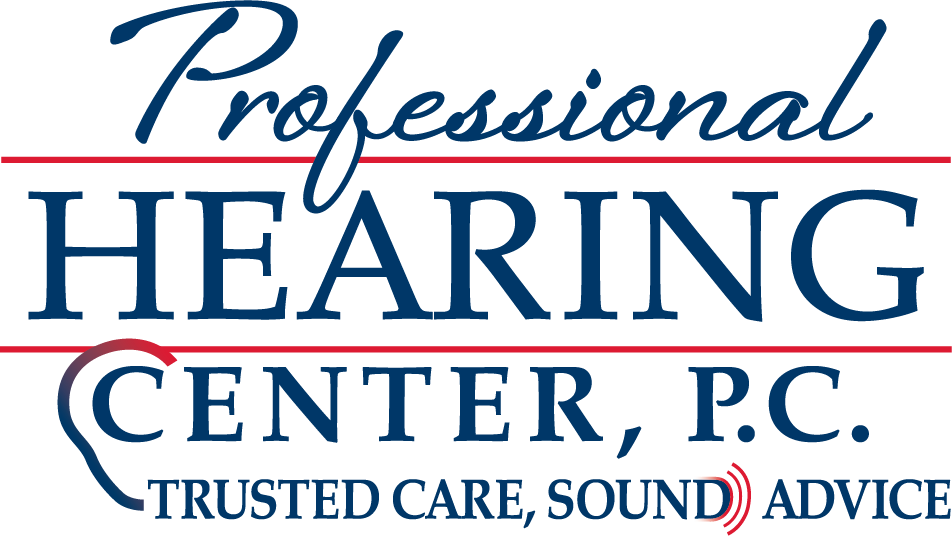
Your sense of physical balance, or equilibrium, can be disrupted by irregularities in your inner ear.
These disruptions can cause dizziness and other balance disorders. If you are having issues with your balance, or often feel dizzy, it is important that you have one of the following tests performed to diagnose the issue and determine the cause.
Balance Tests
(Available at Fremont location only with Lori Dailey)
Videonystagmography
Rotary Chair Test
Electrocochleography
Caloric Study
We treat our patients like our own family because we recognize that hearing well is important in all of your relationships!
Check out more reviews to see how our patients feel about our service.
What Is Causing My Unsteadiness?
Other causes of balance issues may include a head injury or ear infection. Low blood pressure can also lead to a feeling of dizziness if you stand up too quickly. Arthritis and eye muscle imbalances are also known to cause balance problems. Advancing age and even certain medications are other common causes of dizziness and balance problems.
How Are Balance Problems Treated?
First, we need to determine the cause of your balance issues, then we can recommend a treatment method.
For example, your balance issues may require a therapist to create a treatment plan especially for you. The plan would include balance retraining exercises to strengthen your balance, increase your energy levels and reduce stress.
There are also positioning procedures – specific head and neck movements that clear the inner ear canal and often improve balance issues.
Diet and lifestyle changes may also improve your balance problems. This includes quitting smoking, as well as reducing salt, caffeine, alcohol, nicotine and chocolate. Simple exercises, including walking and low-impact aerobics, may help, as well.
There are anti-vertigo and anti-nausea medications available to relieve balance disorders. The antibiotic gentamicin, or even corticosteroids, can be injected behind the eardrum for those with severe balance problems.
Surgery may be required to alleviate your balance problems if you have Meniere’s disease or another medical issue that can’t be remedied using less invasive methods.






